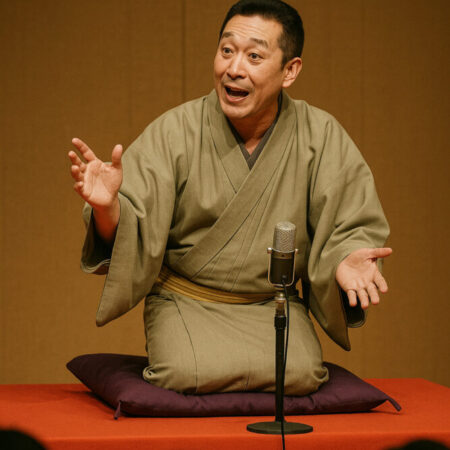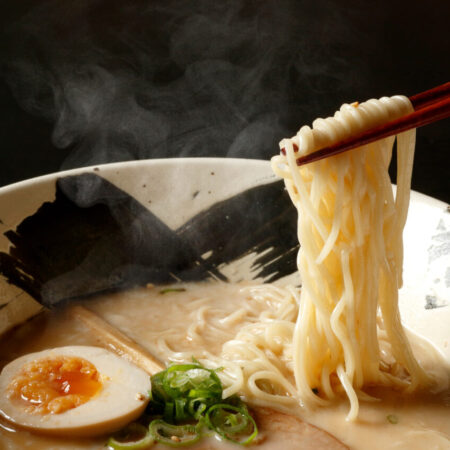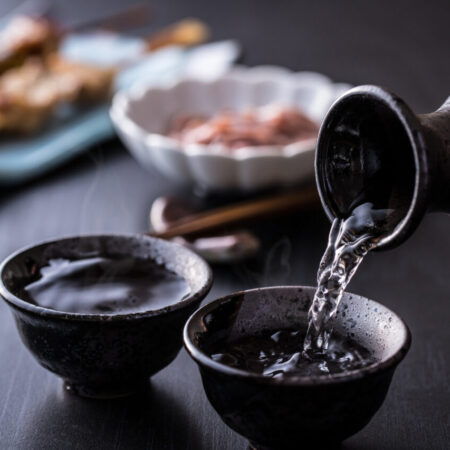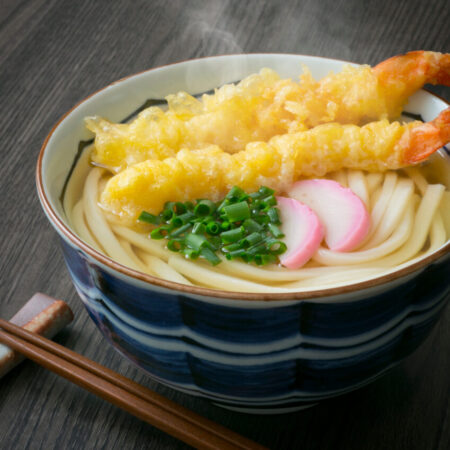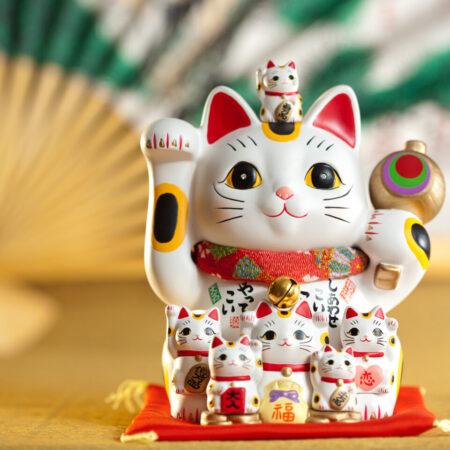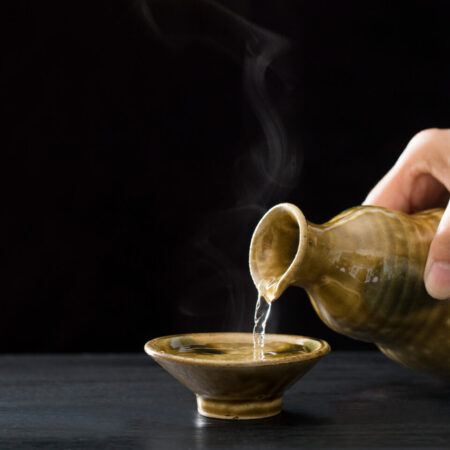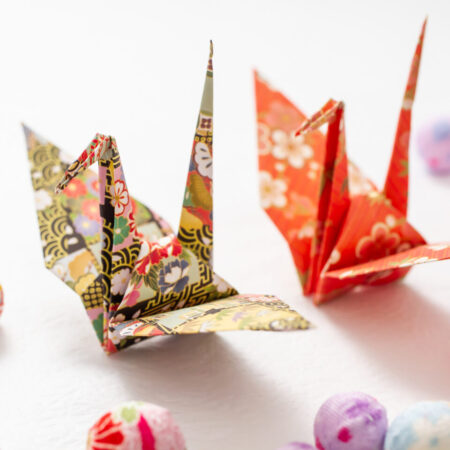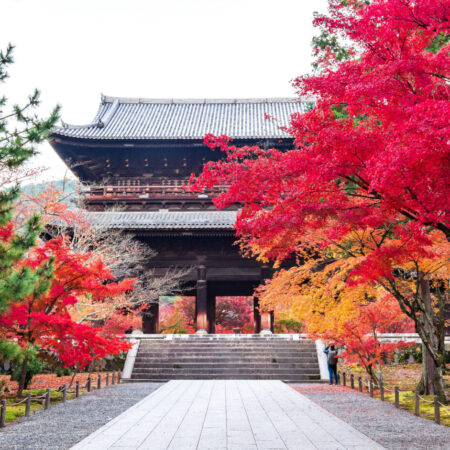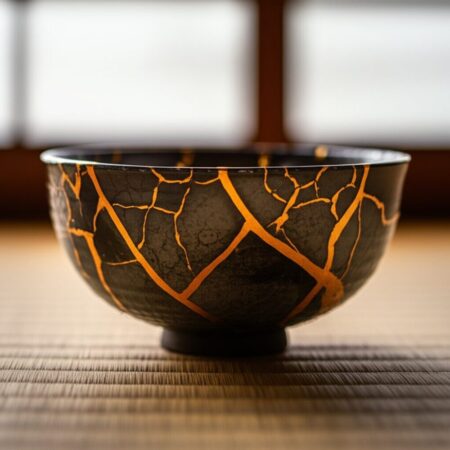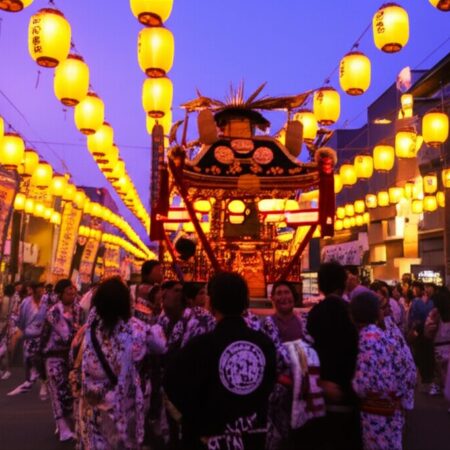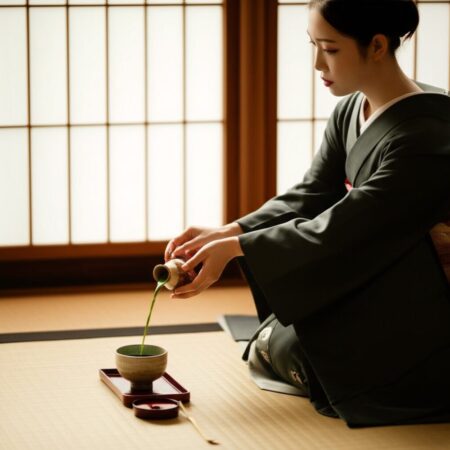Originally established during China’s Song dynasty, Zen, a sect of Buddhism, was introduced to Japan during the Heian period by monks like Eisai and Dogen. Immersing themselves in Zen, they pursued the purification of the mind through meditation and focused concentration.
History
Origins of Zen
Zazen
Characteristics of Zen: Zazen and Koan
Zazen, a unique meditation method in Zen, has spread as a practice to calm the mind and confront oneself. A koan is a short story or question designed to transcend logical thinking and achieve intuitive enlightenment. Answering it is believed to grant a deep understanding of Zen’s essence.
Wabi-sabi
Zen's Impact: Art and Lifestyle
Zen’s aesthetic philosophy of ‘wabi-sabi’ profoundly influenced traditional arts like tea ceremony, flower arrangement, and calligraphy. This aesthetic, deeply embedded in Japanese culture, appreciates simplicity and the profound, beauty in nature, and the fleetingness of moments.
Life
Applying Zen in Modern Times
Amidst today’s bustling life, Zen meditation and philosophy serve as a serene sanctuary for many. Especially in conjunction with yoga and mindfulness, the practice of zazen is gaining attention as a method for relaxation and stress reduction.
Experience
Experiencing Zen On-Site
There are numerous temples in Japan, like Kyoto’s “Myoshin-ji” and Kamakura’s “Kencho-ji”, that uphold the traditions of Zen. At these temples, visitors can experience zazen meditation or a day of training, offering a firsthand feel of Zen’s spirit.

CULTURE

Why Do Japanese People Line Up So Perfectly?

What Is Yokai?

Why Do Japanese People Bow So Often?

Why do Japanese people say “Itadakimasu”?

5 Fascinating Trivia about the Traditional Japanese Sport, “Sumo”
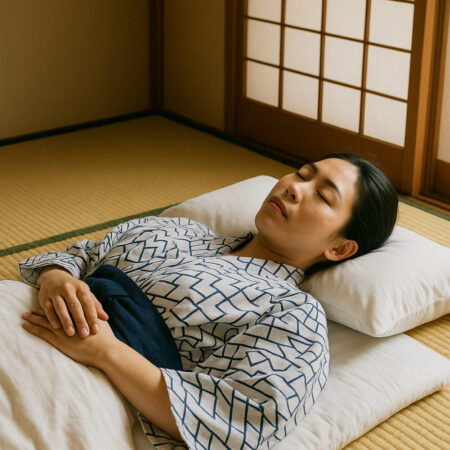
Why is Sleeping with Your Head to the North Bad? The Reason Lies in Old Japanese Folklore

Recommended Halloween Events for 2023
